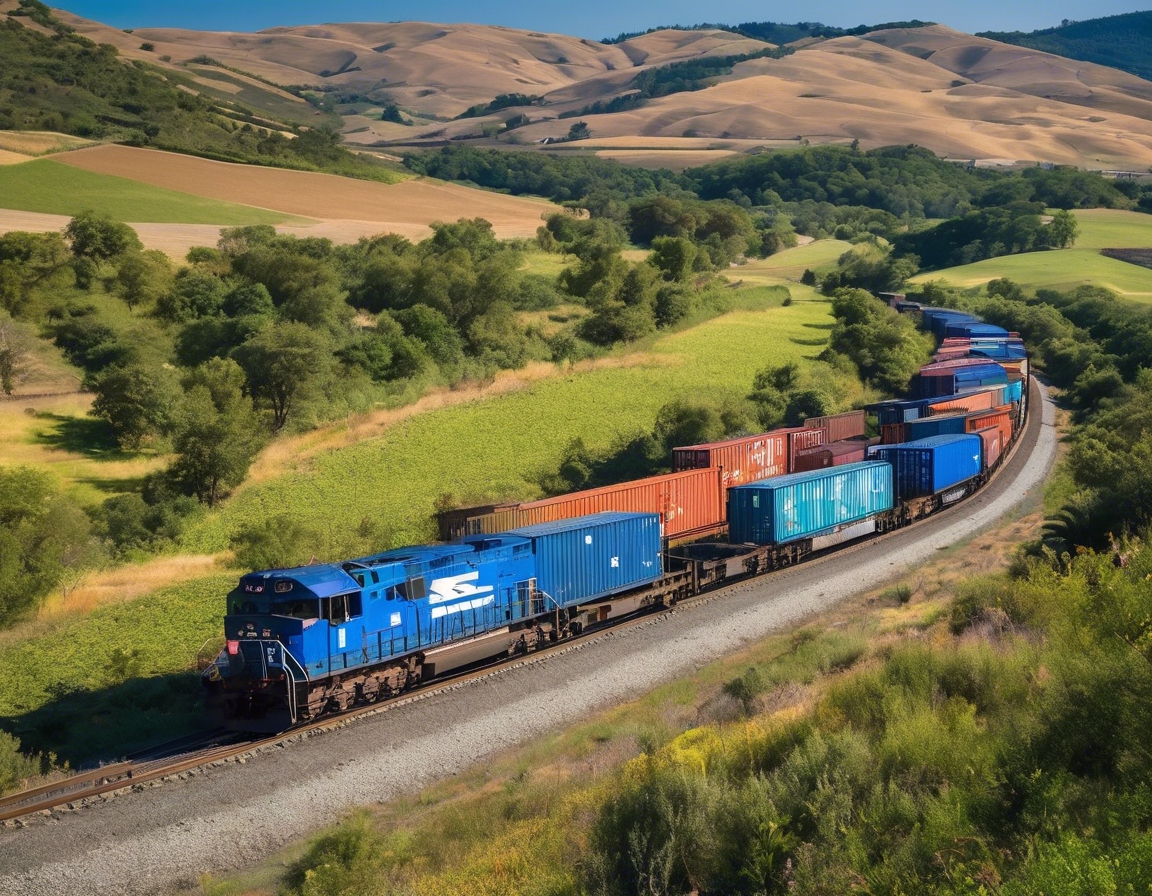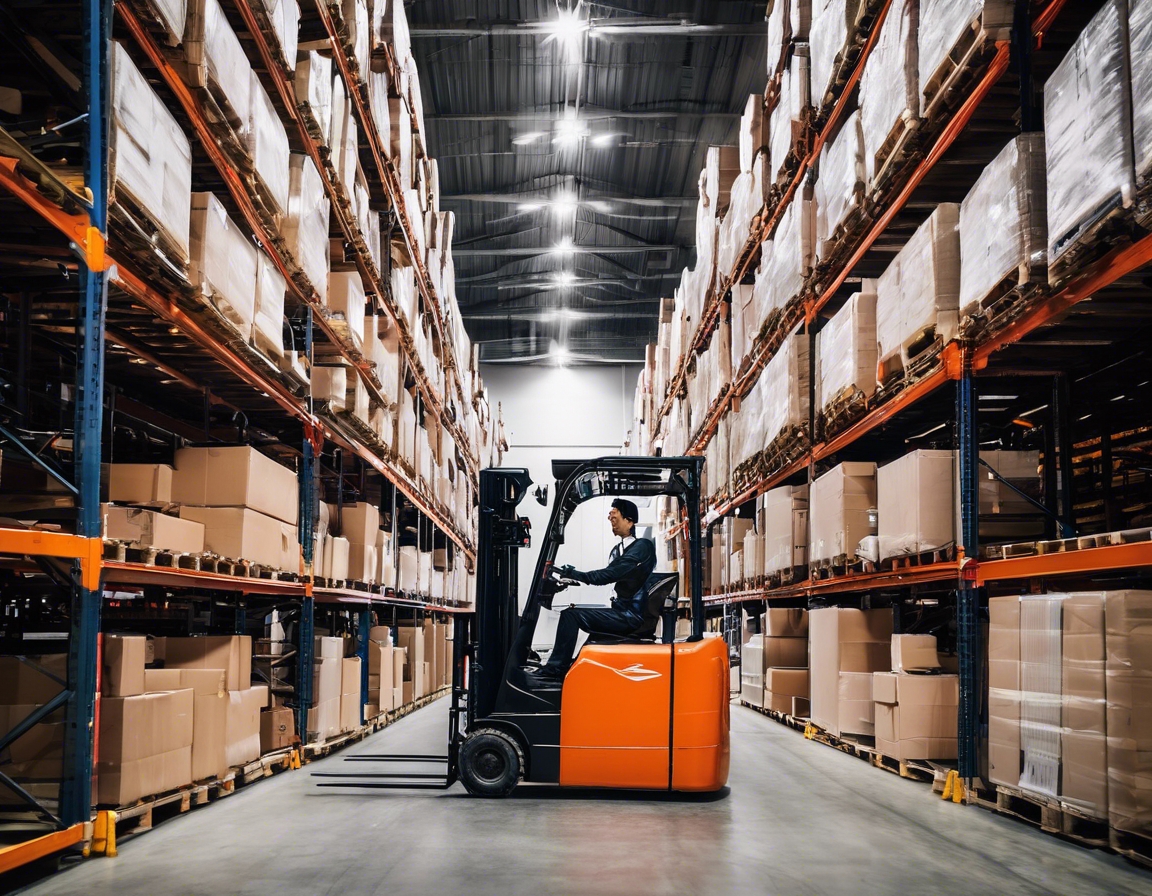The future of logistics: trends to watch
The logistics industry is undergoing a transformative phase, driven by technological advancements, evolving consumer expectations, and a growing emphasis on sustainability. As businesses strive to enhance efficiency and reduce costs, staying abreast of these changes is crucial for maintaining a competitive edge. This article explores the key trends shaping the future of logistics, providing insights into how companies can adapt and thrive in this dynamic environment.
Technological Advancements in Logistics
Automation and robotics are revolutionizing logistics operations by streamlining processes and reducing human error. Automated warehouses, equipped with robotic systems, are becoming increasingly common, enabling faster and more accurate order fulfillment. These technologies not only enhance productivity but also allow businesses to scale operations efficiently.
The Internet of Things (IoT) is playing a pivotal role in logistics by providing real-time visibility into supply chain operations. IoT devices, such as sensors and GPS trackers, enable companies to monitor the condition and location of goods throughout the supply chain. This enhanced visibility leads to improved inventory management, reduced losses, and better customer service.
Artificial Intelligence (AI) and Machine Learning (ML) are transforming logistics by optimizing route planning, demand forecasting, and inventory management. AI-driven algorithms analyze vast amounts of data to identify patterns and make informed decisions, resulting in cost savings and improved operational efficiency.
Sustainability in Logistics
As environmental concerns grow, businesses are increasingly focusing on green logistics practices. This involves optimizing transportation routes, reducing emissions, and adopting eco-friendly packaging solutions. By prioritizing sustainability, companies not only contribute to environmental conservation but also enhance their brand reputation.
The adoption of electric and autonomous vehicles is set to revolutionize the logistics industry. Electric vehicles (EVs) offer a sustainable alternative to traditional fuel-powered vehicles, reducing carbon footprints. Meanwhile, autonomous vehicles promise to enhance delivery efficiency and reduce labor costs, paving the way for a more sustainable and cost-effective logistics network.
The Rise of E-commerce and Its Impact on Logistics
The surge in e-commerce has intensified the demand for efficient last-mile delivery solutions. Innovations such as drone deliveries, crowd-sourced delivery platforms, and smart lockers are emerging to meet consumer expectations for fast and reliable deliveries. These solutions not only enhance customer satisfaction but also optimize delivery routes and reduce costs.
Omnichannel logistics is becoming essential as consumers expect seamless shopping experiences across multiple channels. Businesses are integrating their online and offline operations to provide consistent service, whether customers are shopping in-store, online, or through mobile apps. This integration requires sophisticated logistics strategies to manage inventory and fulfill orders efficiently.
Data-Driven Decision Making
Big data analytics is empowering logistics companies to make informed decisions by analyzing large datasets. This data-driven approach enables businesses to optimize supply chain operations, improve demand forecasting, and enhance customer experiences. By leveraging big data, companies can identify inefficiencies and implement targeted improvements.
Predictive analytics is a powerful tool for anticipating future trends and making proactive decisions. In logistics, predictive analytics can forecast demand fluctuations, identify potential disruptions, and optimize inventory levels. This foresight allows businesses to mitigate risks and capitalize on opportunities, ensuring a resilient supply chain.
Globalization and Its Influence on Supply Chains
Globalization has expanded the reach of supply chains, necessitating efficient cross-border logistics solutions. Companies must navigate complex international regulations, tariffs, and customs procedures to ensure timely delivery of goods. Advanced logistics technologies and strategic partnerships are essential for managing these challenges and maintaining a competitive edge.
As global trade continues to evolve, businesses must stay informed about changing trade regulations and compliance requirements. Adhering to these regulations is crucial for avoiding penalties and ensuring smooth cross-border operations. Logistics providers play a vital role in helping companies navigate these complexities, offering expertise and support to streamline international trade.






Comments (0)